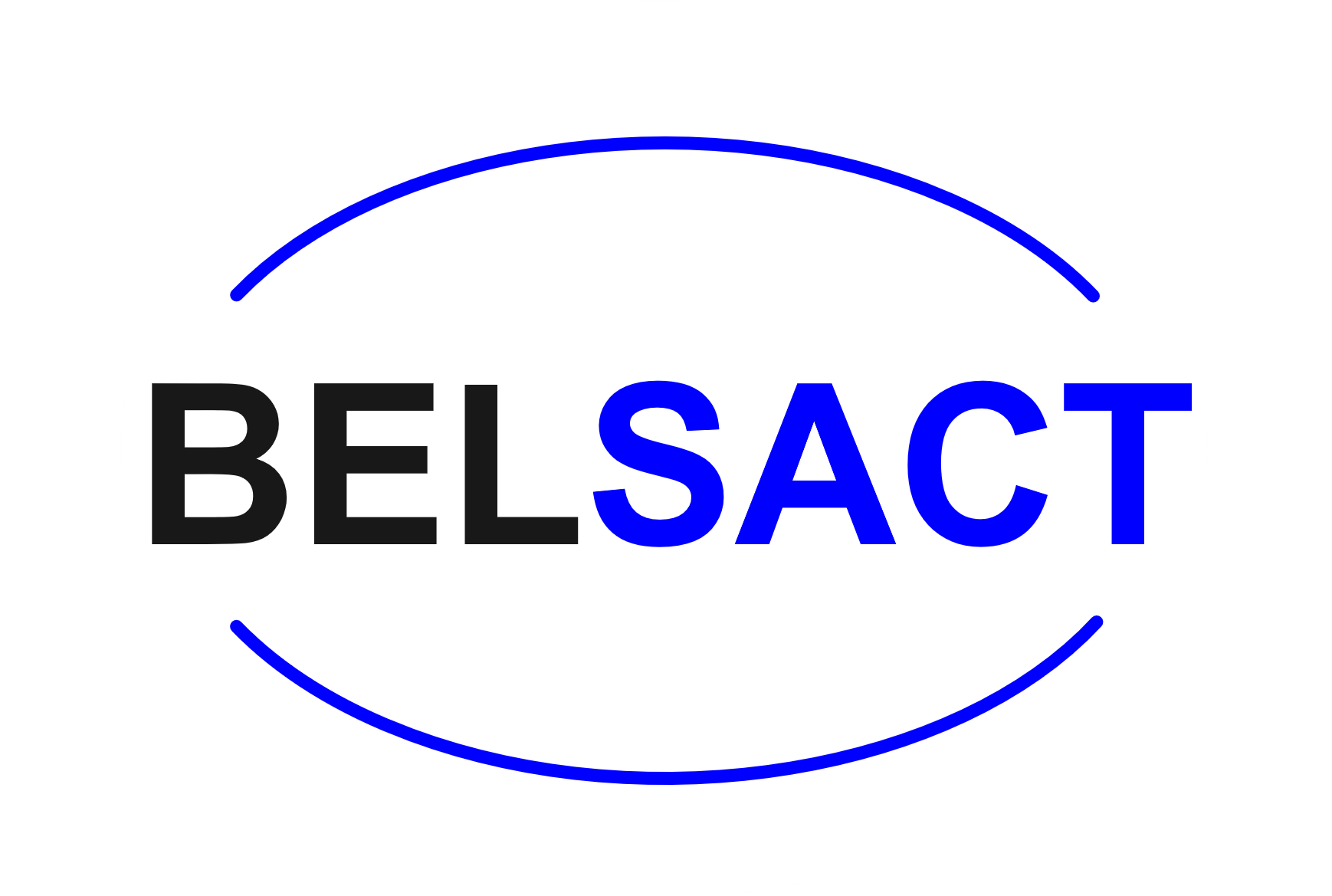Advances in computing and communications have enabled a radical transformation of the practice of science, making it more open, more global and more collaborative. This has not only made it easier to share our research, but more beneficial as well. Nevertheless, data sharing can still be perceived negatively: an unpleasant extra task, a potential avenue for attack on your research, or an unfair waiving of competitive advantage. To counter these negatives, many positives can be seen as well, including greater reliability of research, a chance to understand our collective data better, inspiring novel data analysis techniques, and the potential for novel discovery within and across shared data sets. Indeed, considered rationally, sharing comes with a low cost and vast opportunities

Lennart Martens
is Full Professor of Systems Biology at Ghent University, Group Leader of the Computational Omics and Systems Biology (CompOmics) group at VIB, and Associate Director of the VIB-UGent Center for Medical Biotechnology, all in Ghent, Belgium. He also holds a Visiting Group Leader position at EMBL-EBI in Cambridge, UK. He has been working in proteomics bioinformatics since his Master’s degree, which focused on the computational interpretation of peptide mass spectra, and the sequence-dependent fragmentation of peptides. He then worked as a software developer and framework architect for a software company for a few years, before returning to Ghent University to pursue a Ph.D. in proteomics and proteomics informatics. During this time, he worked on the development of high-throughput peptide centric proteomics techniques and on bioinformatics tools to support these new approaches. In 2003 he started the PRIDE proteomics database at EMBL- EBI as a Marie Curie fellow of the European Commission. After obtaining his Ph.D., he rejoined EMBL-EBI to coordinate the newly created PRIDE group for the next three years, firmly establishing the system as the world’s foremost public proteomics data repository. He then moved back to Ghent University to take up his current position, in which he focuses on novel machine learning algorithms for mass spectrometry data analysis, and their application to the large-scale reprocessing of public proteomics data. Prof. Martens has been elected to the Young Academy of the Royal Belgian Academy of Sciences in 2013, to the Human Proteome Organisation (HUPO) Council in 2016, has been elected Vice-President of the European Proteomics Association in 2017, and was admitted as Fellow of the Royal Society for Chemistry in 2018. He also served on the HUPO Executive Board from 2017 to 2019, and was the President of the ABRF Proteomics Informatics Research Group (iPRG) in 2011 Dr. Martens received the 2014 Prometheus Award for Research Excellence from Ghent University, and the 2015 ‘Juan Pablo Albar’ Proteomics Pioneer Award from the European Proteomics Association (EuPA). An author on more than 240 peer-reviewed papers with an H-index of 60, he has also co-written two popular Wiley textbooks on computational mass spectrometry.
